New India Office Inauguration


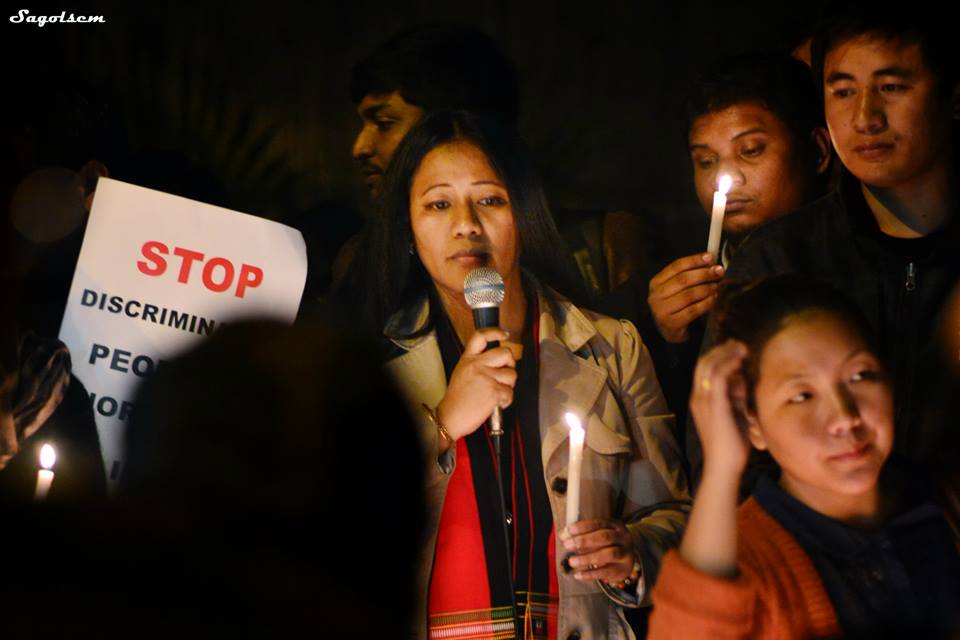
Binalakshmi Nepram, a Fellow at the Carr Center for Human Rights Policy at Harvard Kennedy School, is an indigenous scholar and human rights defender from Manipur in Northeast India. We recently spoke with her to learn more about her efforts in disarmament, the importance of women in peace processes, and her current fellowship with the Carr Center for Human Rights Policy.

Another big year for the Mittal Institute and our community has sped by. 2020 has been marked by big changes, and with it we have shifted our operations to the virtual world to continue providing events, in-region programming, and opportunities for our students and faculty to pursue their research on South Asia at Harvard.
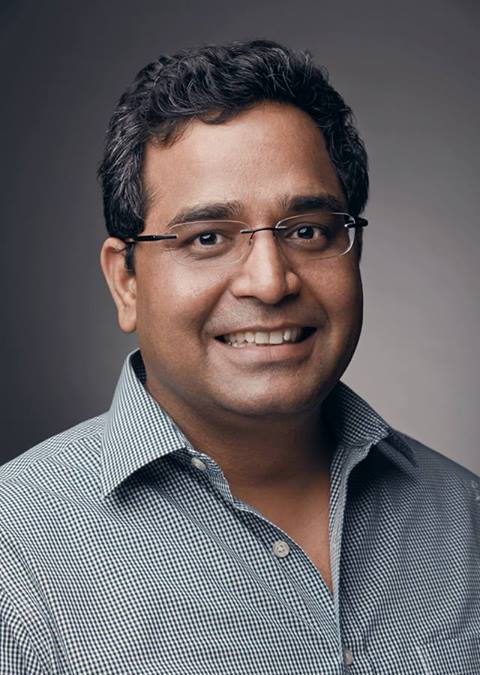
The Lakshmi Mittal and Family South Asia Institute is delighted to announce a new gift from India’s Vijay Shekhar Sharma, which will support the activities and research performed by the Mittal Institute. By enabling scholars from South Asia to work in a cross-disciplinary fashion with faculty, researchers, and students across Harvard on critical questions and issues related to the region, Sharma’s gift will significantly enhance the goals of the Institute to deepen the teaching and research on cultural and global issues related to South Asia.

For many years, a group of faculty members at Harvard — Tarun Khanna (HBS), Satchit Balsari (HMS), Rahul Mehrotra (GSD), Krzysztof Gajos (SEAS), and Doris Sommer (FAS) — have taught a GenEd course, entitled “Contemporary Developing Countries: Entrepreneurial Solutions to Intractable Problems.” The course, initially created by Professor Khanna with the support of the Mittal Institute, covers case studies from emerging markets across Asia, Africa, and Latin America. Each year, about 100 students enroll in the course from a variety of backgrounds, including undergraduate and graduate students — from sophomores at Harvard College to budding surgeons at Harvard Medical School.
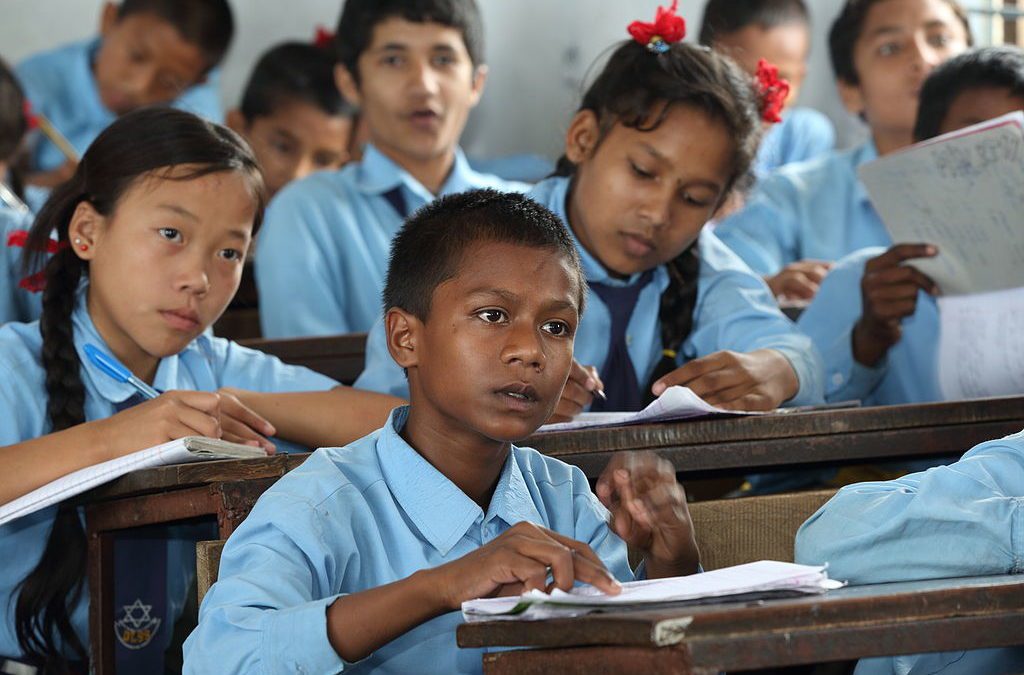
Education has been hit hard by the COVID-19 pandemic as a record number of children are not attending schools due to lockdowns and social-distancing protocols in effect across the world. The crisis has also laid bare the many inequities and inadequacies in the existing education systems around the world, and especially in South Asia. We spoke with Nishant Pandey, the CEO of American India Foundation (AIF), and Rumee Singh, the Founder of Katha4Nepal — two distinguished organizations that have accomplished remarkable work in the field of education delivery during the pandemic.
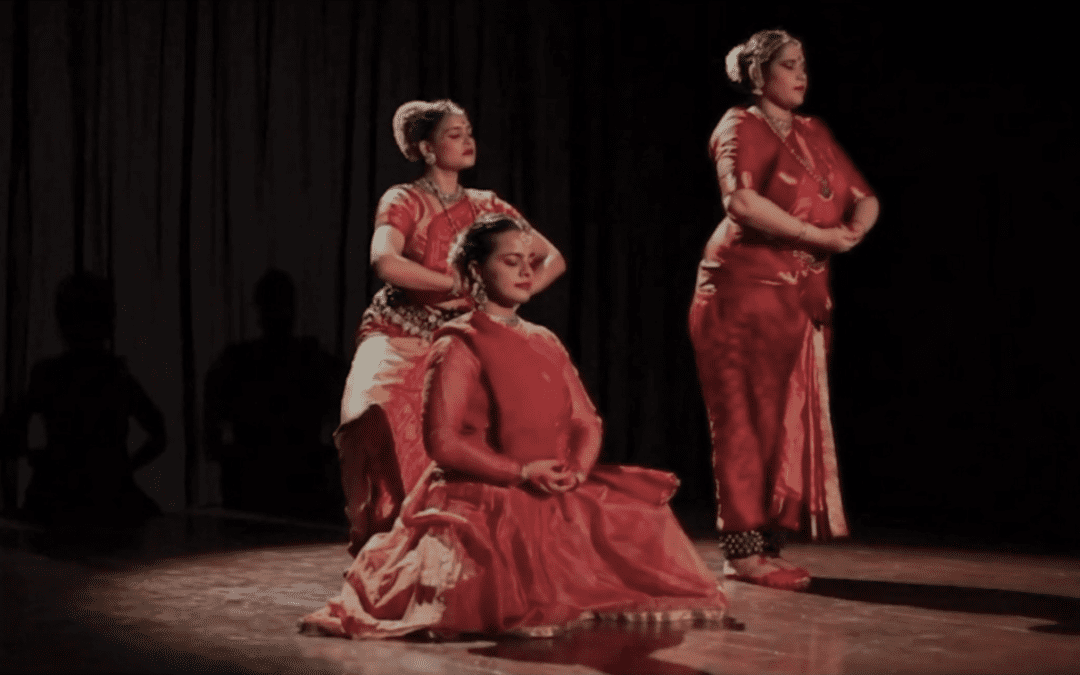
Art is known to transcend barriers and boundaries, binding people across race, religion, and geographies. Dance holds the unique power of bringing relief into a world struggling under the gloom of uncertainty. However, the physical restrictions placed on performers due to the ongoing pandemic have enforced a radical re-imagination of the ways in which dance culture can be practiced and disseminated across the world. Last week, as part of the Harvard Worldwide Week, dance teams representing three global centers and institutes of Harvard University convened to present a program called “Channels of Expression in Times of Change: Music and Dance Across Continents.”
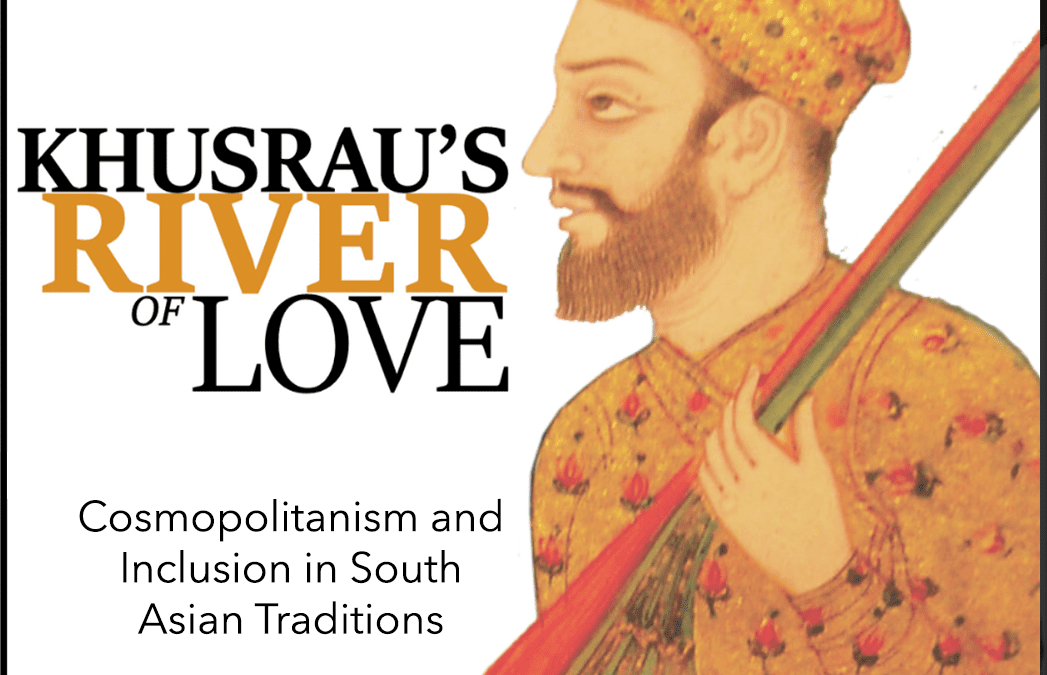
During 24 Hours of Harvard, part of Harvard University’s Worldwide Week, the Mittal Institute hosted performances by musician and writer, Ali Sethi, and Dastango (story-teller), journalist, and writer, Himanshu Bajpai, with commentaries by Harvard Professor Ali Asani. The performance highlighted this cosmopolitan ethic of South Asia and its shared cultural history by showcasing Khusrau’s work and legacy.
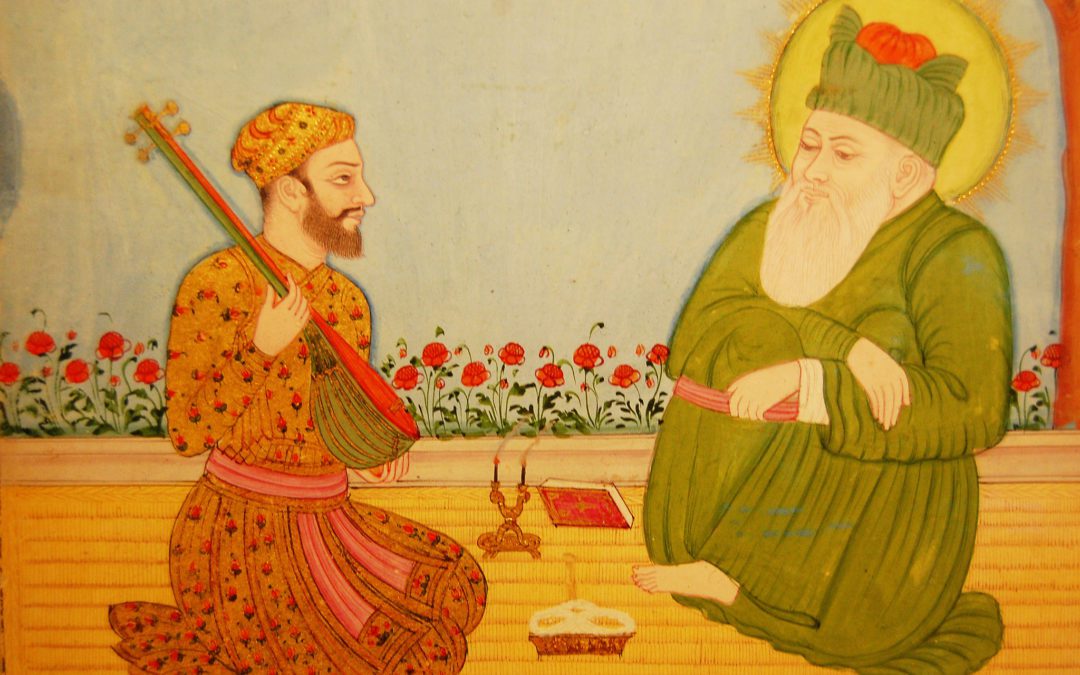
The Mittal Institute is excited to announce its participation in 24 Hours of Harvard (24hH), organized by the Office of the Vice Provost for International Affairs (OVPIA) at Harvard University during the Worldwide Week at Harvard 2020. As part of this event, the Mittal Institute will be hosting an online session entitled, “Khusrau’s River of Love: Cosmopolitanism and Inclusion in South Asian Traditions,” which will include performances by noted artists from South Asia, Ali Sethi and Himanshu Bajpai. The performances will be interspersed with analysis and commentary by Ali Asani, Murray A. Albertson Professor of Middle Eastern Studies and Professor of Indo-Muslim and Islamic Religion and Cultures at Harvard University, who will also moderate a live Q&A session with Ali Sethi and Himanshu Bajpai following the performances.
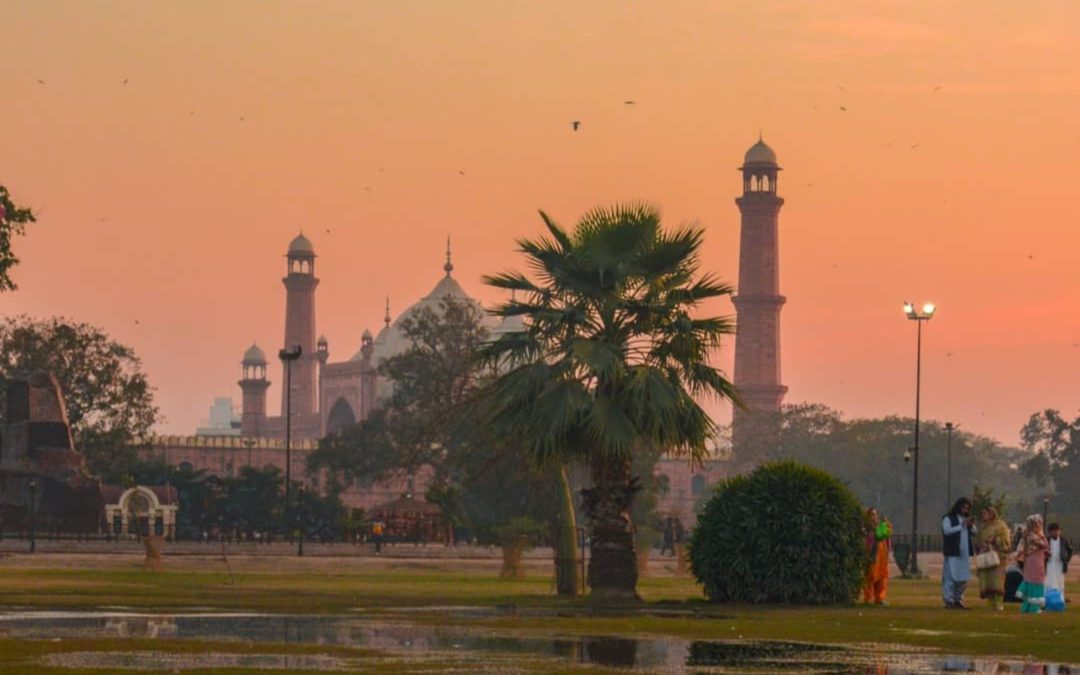
In our latest India In-Focus podcast created with the Times of India, Shubhangi Bhadada, Mittal Institute Research Fellow, and Nadhra Khan, Associate Professor at the School of Humanities and Social Sciences of Lahore University of Management Sciences, discuss the pre-Partition architecture of Lahore, how it has been forgotten or ignored, and the importance of remembering such buildings.
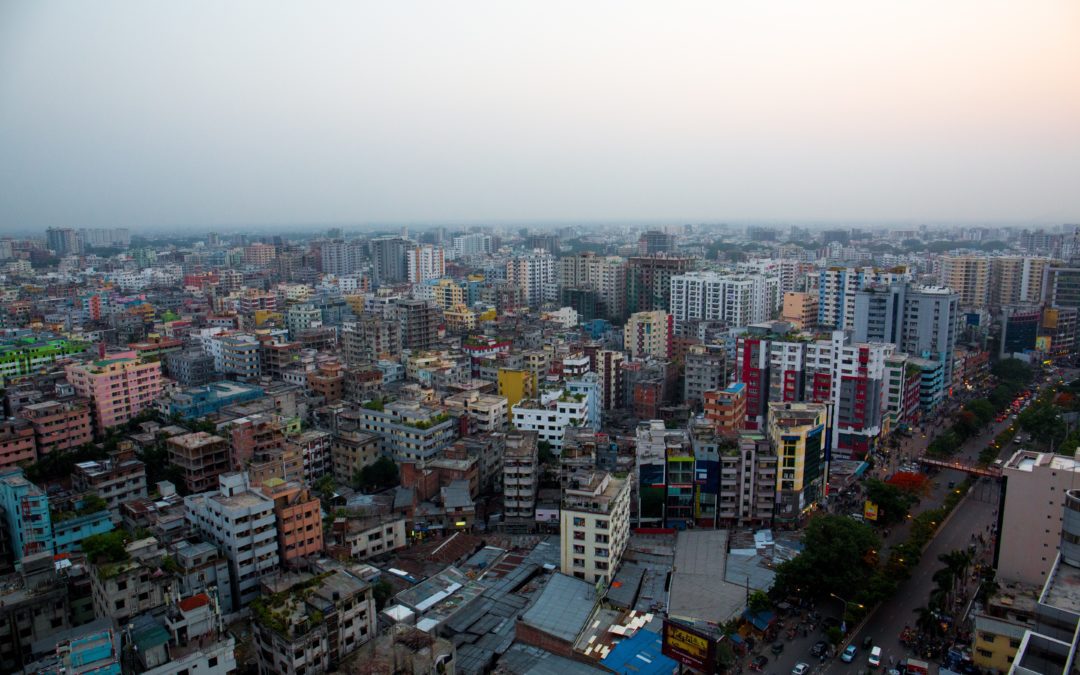
Recently, the Mittal Institute held a webinar to delve into entrepreneurship in South Asia amidst the COVID-19 pandemic. We spoke with webinar panelist Rajeeb Samdani — Managing Director of Golden Harvest Group, Co-Founder and Trustee of the Samdani Art Foundation, and a member of the Mittal Institute’s Arts Advisory Council — to learn more about how the pandemic has impacted business in Bangladesh, as well as the nation’s many unique qualities that have quickly made it an economic powerhouse in the region.
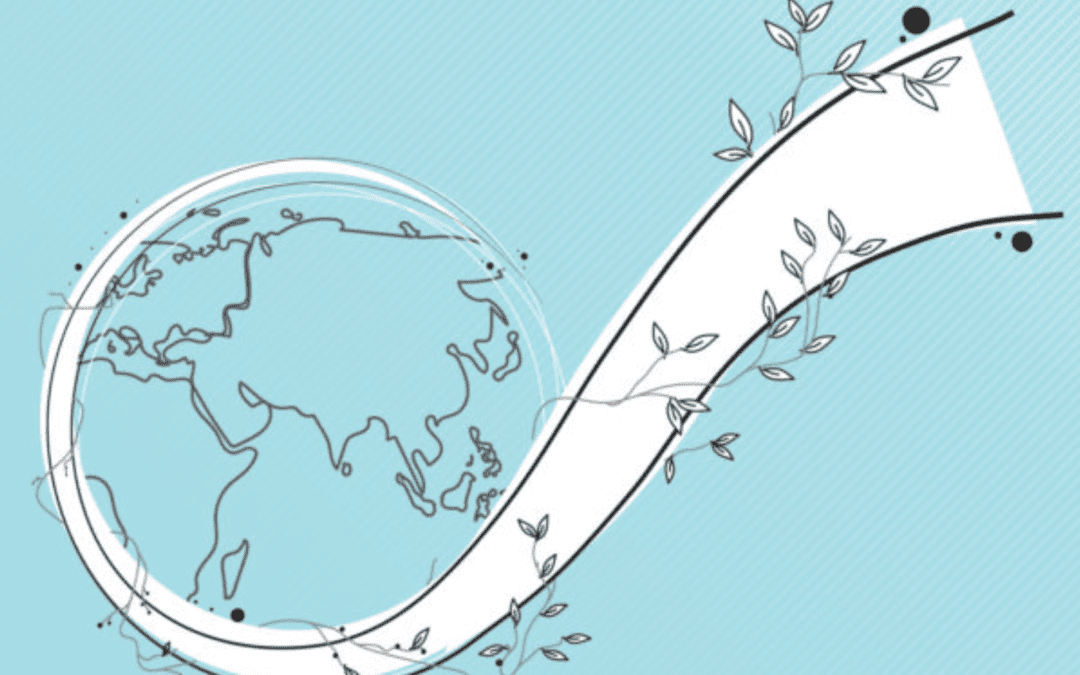
The Mittal Institute’s latest panel webinar, “Entrepreneurs and the COVID-19 Global Reset in South Asia,” was moderated by Tarun Khanna, Jorge Paulo Lemann Professor at Harvard Business School and Director of the Mittal Institute. Together, the panelists delved into the impact of the COVID-19 maelstrom across South Asia on enterprises. They explored the extent to which entrepreneurs have been able to work with both the state and civil society to limit the damage and distress caused by the pandemic, but also to begin exploring new opportunities that a possible “global reset” has opened up to the developing world.